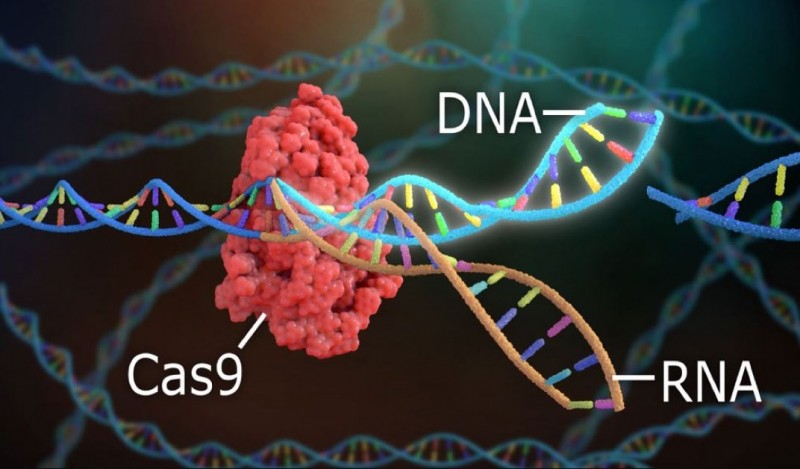
In recent years, the field of genetics has witnessed revolutionary advancements, with CRISPR (Clustered Regularly Interspaced Short Palindromic Repeats) gene editing emerging as a groundbreaking technology. CRISPR has opened up a world of possibilities in the realm of genetic modifications, holding great potential for addressing various diseases and transforming various industries. However, with such unprecedented power comes the need for careful ethical considerations. This article explores the remarkable applications of CRISPR gene editing and delves into the ethical concerns surrounding its use.
Understanding CRISPR Gene Editing
What is CRISPR Gene Editing?
CRISPR gene editing is a powerful tool that allows scientists to precisely alter DNA sequences within living organisms. Inspired by the natural defense mechanisms found in certain bacteria, CRISPR has been adapted to edit genetic material effectively.
The CRISPR-Cas9 System
At the heart of CRISPR gene editing lies the CRISPR-Cas9 system. Cas9 is an enzyme capable of cutting DNA at specific target sites, guided by RNA molecules that match the targeted DNA sequences.
Revolutionary Applications of CRISPR Gene Editing
Treating Genetic Diseases
CRISPR presents a promising avenue for treating various genetic disorders, such as cystic fibrosis and sickle cell anemia, by correcting the underlying genetic mutations responsible for these conditions.
Agricultural Advancements
In agriculture, CRISPR gene editing has the potential to revolutionize crop breeding by creating disease-resistant and nutritionally enhanced plant varieties.
Targeted Cancer Therapies
CRISPR can be employed to develop targeted cancer therapies, precisely targeting cancerous cells while sparing healthy ones, leading to more effective and less harmful treatment options.
Eradicating Infectious Diseases
Researchers are exploring the use of CRISPR to combat infectious diseases like malaria by introducing genetic alterations into mosquito populations, potentially disrupting disease transmission.
Ethical Considerations in CRISPR Gene Editing
Off-Target Effects
One of the main ethical concerns surrounding CRISPR is the potential for off-target effects, where unintended genetic changes could occur, leading to unpredictable consequences.
Germline Editing
The ability to edit germline cells raises ethical dilemmas, as any alterations made in these cells would be heritable and could impact future generations.
Biodiversity and Ecosystem Impact
Altering the genetic makeup of organisms could have unintended effects on ecosystems, disrupting biodiversity and potentially leading to ecological imbalances.
Consent and Equity
The equitable distribution of CRISPR-based treatments and ensuring informed consent from patients and individuals involved in research are paramount ethical considerations.
The Future of CRISPR Gene Editing
Uncharted Territory
CRISPR gene editing is still in its infancy, and while it shows incredible promise, it also enters uncharted ethical and societal territory.
Regulation and Governance
Robust regulatory frameworks and global governance must be established to ensure responsible and safe use of CRISPR technology.
CRISPR gene editing has ushered in a new era of possibilities in genetic research and medical applications. Its potential to treat genetic diseases, revolutionize agriculture, and combat infectious diseases is awe-inspiring. However, as we embark on this revolutionary journey, we must navigate the ethical challenges that accompany such powerful technologies. Addressing concerns like off-target effects, germline editing, and equitable access is crucial to harnessing the full potential of CRISPR while upholding ethical standards.
Sony PlayStation 5 Receives Hefty Rs. 7,500 Discount for Indian Consumers Starting July 25
Boxing 101: The Ultimate Guide to Footwork, Punching, and Defense
Xiaomi Unveils Smart TV X Series is Set to Enthrall Indian Consumers on August 1